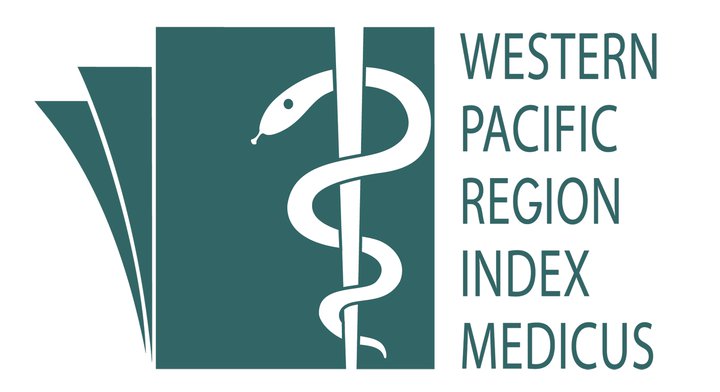Support of smoking restriction in public areas among adolescents in Malaysia-The findings from Tobacco and E-Cigarette Survey among adolescents in Malaysia (TECMA)
Abstract
Introduction: Adolescents are the future generation, and their support for smoke-free policies might create momentum for future stringent smoke-free initiatives. This study aimed to determine the levels and factors associated with support for smoking in public areas among Malaysian school-going adolescents aged 10-19 years.
Methods: The data were derived from the Tobacco and E-cigarettes among adolescents in Malaysia (TECMA), which employed the cross-sectional study design and multistage sampling to select the representative samples of school-going adolescents. Data was obtained through self-administered of pre-validated questionnaire. Descriptive study, cross-tabulation and multivariable analysis were used for analysis
Result: Majority of respondents supported smoking restriction in public areas (86.3%, 95 CI 85.4-87.1). The proportion and likelihood of support of smoke-free initiative were higher among respondents with better knowledge of the harmful effects of second-hand smoke (SHS), been taught in school about the health effects of smoking, older age group (16-19 years), female, those students schooling in urban areas, Malay and other Bumiputras from Sabah and Sarawak. However, current smokers and ECV users were less likely to support smoke-free initiatives in public areas.
Conclusion: The level of support for smoke-free initiative in public areas was high among youths in Malaysia, and this might offer promising prospects to expand the non-smoking areas to more public areas in the future.
.
Keywords: smoke-free public area, level of support, school-going adolescent,smoking status, TECMA
Published
How to Cite
Issue
Section
License
IJPHR applies the Creative Commons Attribution (CC BY) license to articles and other works we publish. If you submit your paper for publication by IJPHR, you agree to have the CC BY license applied to your work. Under this Open Access license, you as the author agree that anyone can reuse your article in whole or part for any purpose, for free, even for commercial purposes. Anyone may copy, distribute, or reuse the content as long as the author and original source are properly cited. This facilitates freedom in re-use and also ensures that IJPHR content can be mined without barriers for the needs of research.





